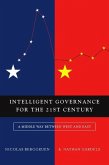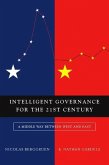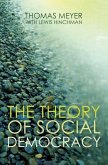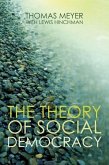Is Habermas's concept of the public sphere still relevant in an age of globalization, when the transnational flows of people and information have become increasingly intensive and when the nation-state can no longer be taken granted as the natural frame for social and political debate? This is the question posed with characteristic acuity by Nancy Fraser in her influential article 'Transnationalizing the Public Sphere?' Challenging careless uses of the term 'global public sphere', Fraser raises the debate about the nature and role of the public sphere in a global age to a new level. While drawing on the richness of Habermas's conception and remaining faithful to the spirit of critical theory, Fraser thoroughly reconstructs the concepts of inclusion, legitimacy and efficacy for our globalizing times.
This book includes Fraser's original article as well as specially commissioned contributions that raise searching questions about the theoretical assumptions and empirical grounds of Fraser's argument. They are concerned with the fundamental premises of Habermas's development of the concept of the public sphere as a normative ideal in complex societies; the significance of the fact that the public sphere emerged in modern states that were also imperial; whether 'scaling up' to a global public sphere means giving up on local and national publics; the role of 'counterpublics' in developing alternative globalization; and what inclusion might possibly mean for a global public. Fraser responds to these questions in detail in an extended reply to her critics.
An invaluable resource for students and scholars concerned with the role of the public sphere beyond the nation-state, this book will also be welcomed by anyone interested in globalization and democracy today.
Hinweis: Dieser Artikel kann nur an eine deutsche Lieferadresse ausgeliefert werden.
This book includes Fraser's original article as well as specially commissioned contributions that raise searching questions about the theoretical assumptions and empirical grounds of Fraser's argument. They are concerned with the fundamental premises of Habermas's development of the concept of the public sphere as a normative ideal in complex societies; the significance of the fact that the public sphere emerged in modern states that were also imperial; whether 'scaling up' to a global public sphere means giving up on local and national publics; the role of 'counterpublics' in developing alternative globalization; and what inclusion might possibly mean for a global public. Fraser responds to these questions in detail in an extended reply to her critics.
An invaluable resource for students and scholars concerned with the role of the public sphere beyond the nation-state, this book will also be welcomed by anyone interested in globalization and democracy today.
Hinweis: Dieser Artikel kann nur an eine deutsche Lieferadresse ausgeliefert werden.








